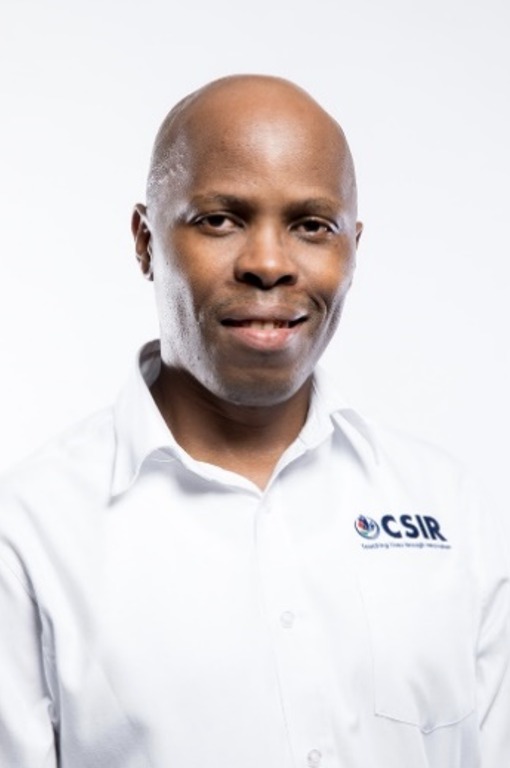 Jabu Mtsweni Jabu Mtsweni
Chief Researcher and Centre Manager for the Information and Cybersecurity Research Centre, Council for Scientific and Industrial Research (CSIR), South Africa
Dr Jabu Mtsweni is the Head of Information and Cyber Security Centre and Chief Researcher at the Council for Scientific and Industrial Research (CSIR), NRF-Rated Researcher (C2), and a Certified Cybersecurity Manager, Research Fellow at the Stellenbosch University, and Technical Leader of the National Policy Data Observatory. Dr Jabu Mtsweni is an accomplished researcher and technology expert in the field of Computer Science, particularly in the areas of Cyber and Information Security. He holds a PhD degree in Computer Science from the University of South Africa. He has published over 90 peer-reviewed conference and journal articles over the years in different forums focusing on ICT4development, socially relevant computing, information and cybersecurity, and data science. He regularly speaks as an invited speaker at local and international cybersecurity conferences. He has worked with both the public and private sector in large and complex ICT projects.
|
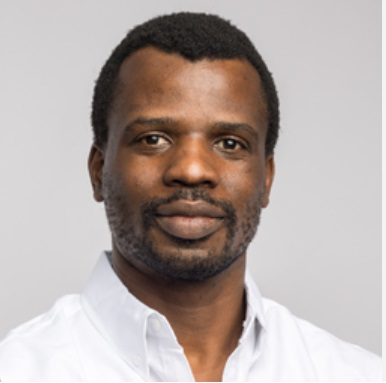 Moses Dlamini Moses Dlamini
Senior Researcher, Council for Scientific and Industrial Research (CSIR), South Africa
Moses (PhD, CISSP, CCSP) is a senior cybersecurity researcher at the CSIR, Defence & Security, Information and Cyber Security Centre. His research focuses on Cybersecurity, Context-aware and Behavioural Authentication, Conflict-aware Access Control, Adversarial AI and ML, Cloud Security, Security of AI, ML and Gen AI, Security of 5G, Security of the Internet of Things, Self-sovereign Identity and Access Management, Privileged Access Management, Chaos-based Crypto, Blockchain in Cybersecurity and Digital Forensics. He holds PhD, MSc and BSc Honours in Computer Science from the University of Pretoria, South Africa and a BSc in Computer Science and Mathematics from University of Swaziland. Moses is passionate about protecting technology that serves the needs of community and industry. He publishes his research work both at national and international fora.
|
 Xiaoya Yang Xiaoya Yang
ITU-T Study Group 17 Counselor
Xiaoya Yang serves as the Counselor of ITU-T Study Group 17 ‘security’ since 2017. With 20+ years of professional experience in telecommunication regulation, legislation and international standardization and coordination, she was the Head of the WTSA Programmes Division in the Telecommunication Standardization Bureau of the International Telecommunication Union (ITU-TSB) from 2010 to 2016, Co-counsellor of ITU-T Study Group 2 on 'Operational aspects of service provision and telecommunications management' and Study Group 3 on 'Tariff and accounting principles including related telecommunication economic and policy issues' from 2009 to 2010; Counselor of ITU-T Study Group 17 on 'Telecommunication security' from 2007 to 2008; and Workshop Project Coordinator from 2004 to 2006. Before joining ITU, she worked in the Ministry of Information Industry of China from 1998 to 2004. There she was the Division Director responsible for regulation of Internet and information security. From 1997 to 1998 she worked in China Telecom as a network engineer and service manager in their Internet service department. She has a M.S. in Computer Science from Tsinghua University, China and a MBA from Polytechnic University, Hong Kong. |
Heung Youl Youm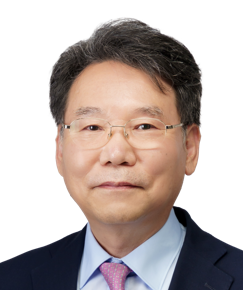
Chair, ITU-T Study Group 17, Security | Professor, Department of Information Security Engineering, Soonchunhyang University, Korea (Republic of)
He is Chair of ITU-T SG17 (Security). He is working as a professor for the Department of Information Security Engineering of the Soonchunhyang University, Korea from September 1990. He is currently the Director of SCH Cybersecurity Research Centre from Dec. 2013. He was a Commissioner for Personal Information Protection Commission from August 2020 to August 2023. He began participating in ITU-T SG 17 in 2003 and has actively contributed to the work of SG17 as a core member of security experts. He was an associate Rapporteur of SG 17 Question 10/17 from 2003 to 2004. For the Study Period (2005 – 2008), he served as a Rapporteur of Question 9/17. He was a Vice Chair of ITU-T Study Group 17 from 2009 to 2016. He was a Chair of Working Party 2 (Application Security) of SG17 for the Study Period (2009–2012) and was a Chair of Working Party 3 (Identity management and cloud computing security) of SG17 for the Study Period (2013–2016). He has been a Project Editor for many approved ITU-T Recommendations or agreed Supplements in DLT security, authentication/application protocols, de-identification techniques, USN/IoT security, 5G security, and cybersecurity. He is a Chair for the ISMS/PIMS certification committee in Korea since 2007, and a Board director for Korea Information/Security agency from May 2020. He was a member of advisory committee to the Korea national security office for the Office of the President, Republic of Korea from October 2018 to May 2022, a president of KIISC (Korea Institute on information security and cryptology) in 2011 and is an emeritus president of KIISC. He had worked for ETRI as a senior research engineer from 1982 to 1990. He had been involved in developing high speed transmission system. He had been involved in many (advisory or self-performance evaluation) committees for the Korea Communications Commission (KCC) from 2008 to 2016, the Ministry of Science, ICT and Future Planning (MSIP) from 2013 to 2017, the Ministry of Industry and Energy (MoTIE) from 2015 to 2017, Ministry of Science and ICT from 2017. He had been involved in self-performance evaluation) committees for the Ministry of Science and ICT since 2017 to 2019. He had been the chair for the committee on information security in the PyeongChang Organizing Committee for the 2018 Olympic & Paralympic Winter Games from January 2015 to May 2018. He received a bachelor’s degree in 1981, a Master degree in 1983, and a Ph.D. degree in 1990, all in Electronics Engineering from Hanyang University, Korea. |
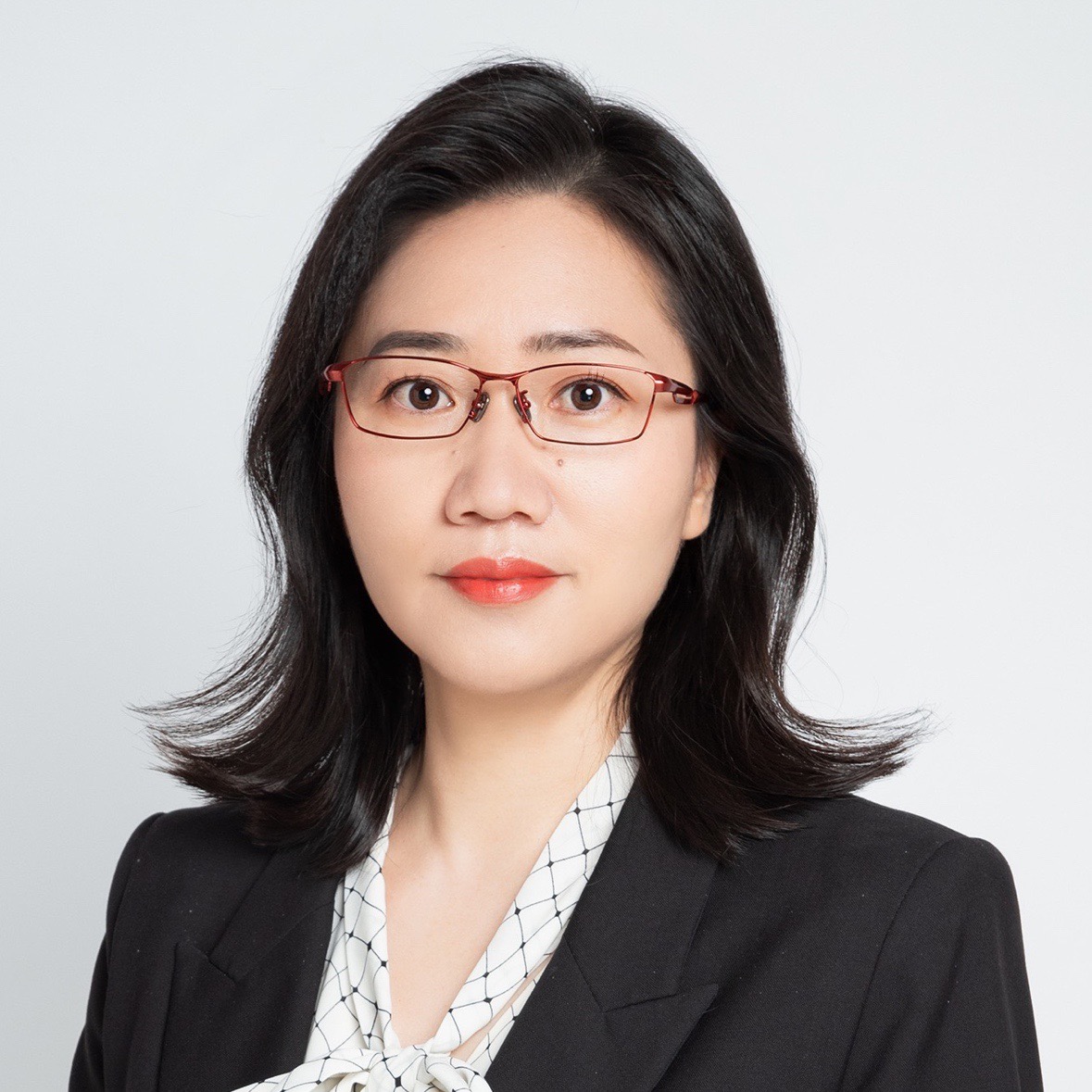
Zhiyuan Hu WP2 Vice-Chair and Q2 Co-Rapporteur, ITU-T Study Group 17, Security | Director, Security Research, vivo Mobile Communication Co. Ltd
Ms. Zhiyuan Hu got her Ph.D. in computer science in 2002. She worked as a security researcher at Nokia Shanghai Bell Co. Ltd. from 2002 to 2021. Since July 2021, she has worked as Director of Security Research at vivo Mobile Communication Co. Ltd. Dr. Hu was nominated for Vice-Chair of WP2/SG17 (5G, IoT& ITS security) (2021-present), Co-Rapporteur of Q2/SG17 (Security architecture and network security) (2017-present) and Associate Rapporteur of Q2/SG17 (2015-2016). She acted as Chair of OMA (Open Mobile Alliance) security working group (2009-2014) and Vice-Chair of OMA security working group (2007-2008). She also acted as Vice-Chair of CCSA (China Communications Standards Association) TC5 WG5 (Wireless communication security) (2008-2021). She completed to publish more than 20 specifications.
|
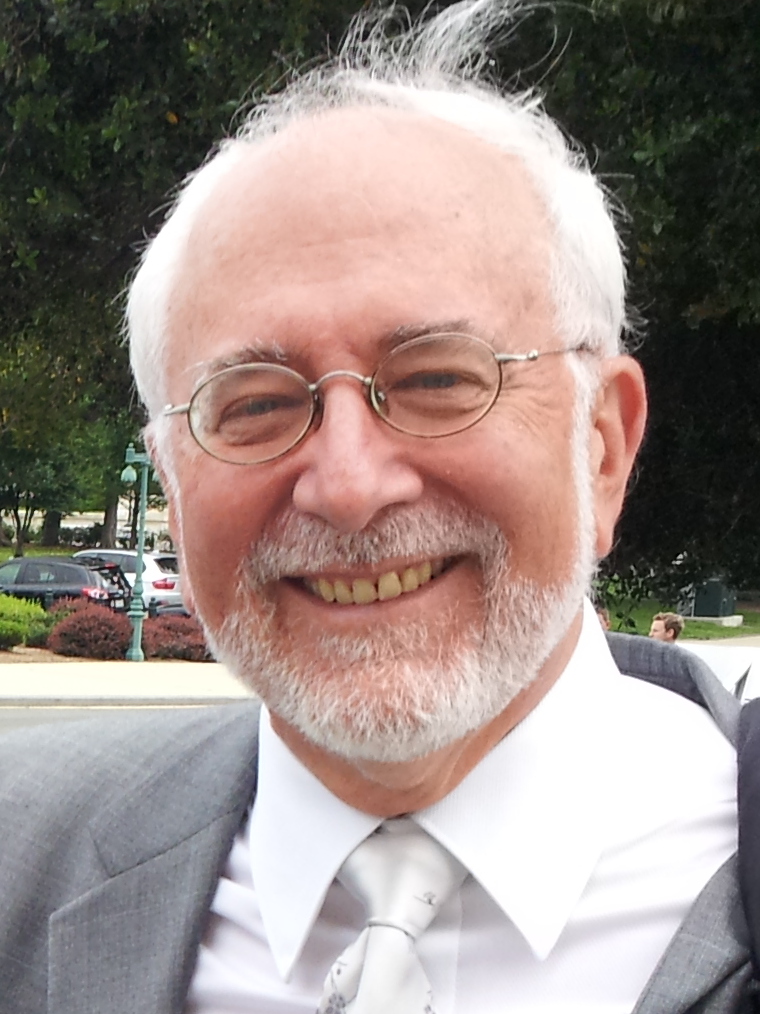 Anthony Michael Rutkowski
Anthony Michael Rutkowski
Centre for Internet Security, Netmagic Associates LLC
Tony Rutkowski is an engineer-lawyer with an extremely diverse, sixty-year professional career spanning the telecommunication, mobile, internet, satellite, and broadcasting fields in the U.S. and Europe where he has shaped major technical and legal developments in senior governmental, company, and academic leadership positions at international, national, and local levels. Over the past two decades, his roles have been focused on significant international and U.S. Federal network security initiatives relating to cybersecurity, infrastructure protection, extraterritorial security law, and lawful interception for new networks and services. Currently, as the CEO of Netmagic Associates LLC, he provides technical and regulatory analytical and consulting services to a few entities that include the Center for Internet Security. He engages actively in a broad array of governmental and industry security forums – largely internationally. Over the past several years, he has assumed rapporteur responsibilities in the ETSI Cyber Security Technical Committee for a number of major specifications and reports and served as an ENISA consultant. Over the past 20 years, he assumed rapporteur responsibilities in the ETSI Lawful Interception Technical Committee and chair of the OASIS LegalXML LI Technical Committee. He continues to serve as the liaison among multiple international network security bodies. He also writes extensively in multiple professional publications and speaks on network security related developments and history. |
Jonghyun Kim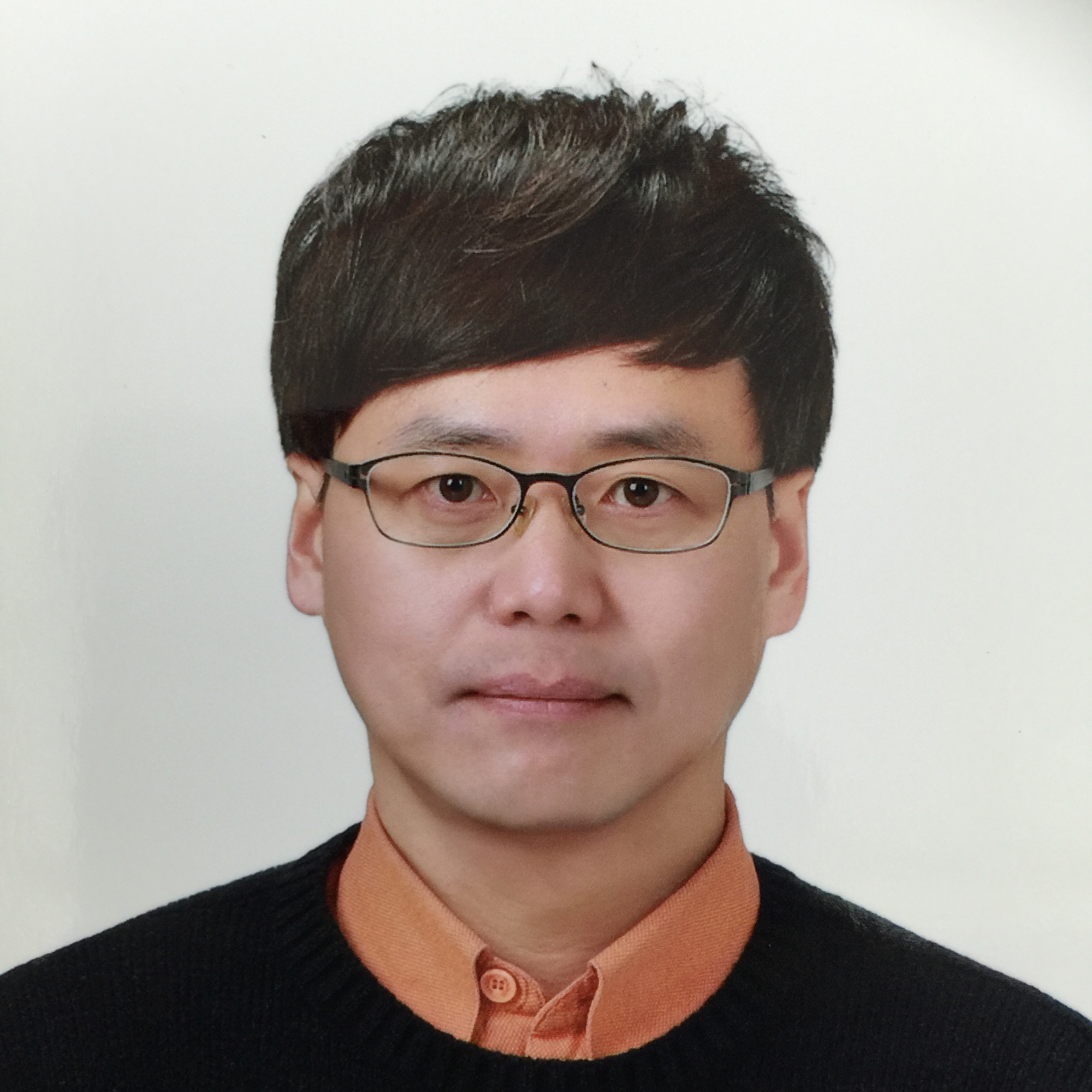
WP1 Vice-Chair and Q4 Co-Rapporteur, ITU-T Study Group 17, Security | Principal Researcher, Electronics and Telecommunication Research Institute (ETRI)
Jonghyun Kim began participating in ITU-T SG 17 in 2006 and has actively contributed to the work of SG17 as a core member of security experts for more than 15 years. For the Study Period (2022 – 2024), he has served as a WP1 Vice-Chair and Co-Rapporteur of Question 4/17. He was a researcher with the Samsung Electronics in 1995-1998. He joined the Electronics and Telecommunications Research Institute (ETRI) in 2005. His research interests include Cyber Security, Network Forensics, Cloud Security (SecaaS) and 5G/6G Security. |
Sounil Yu 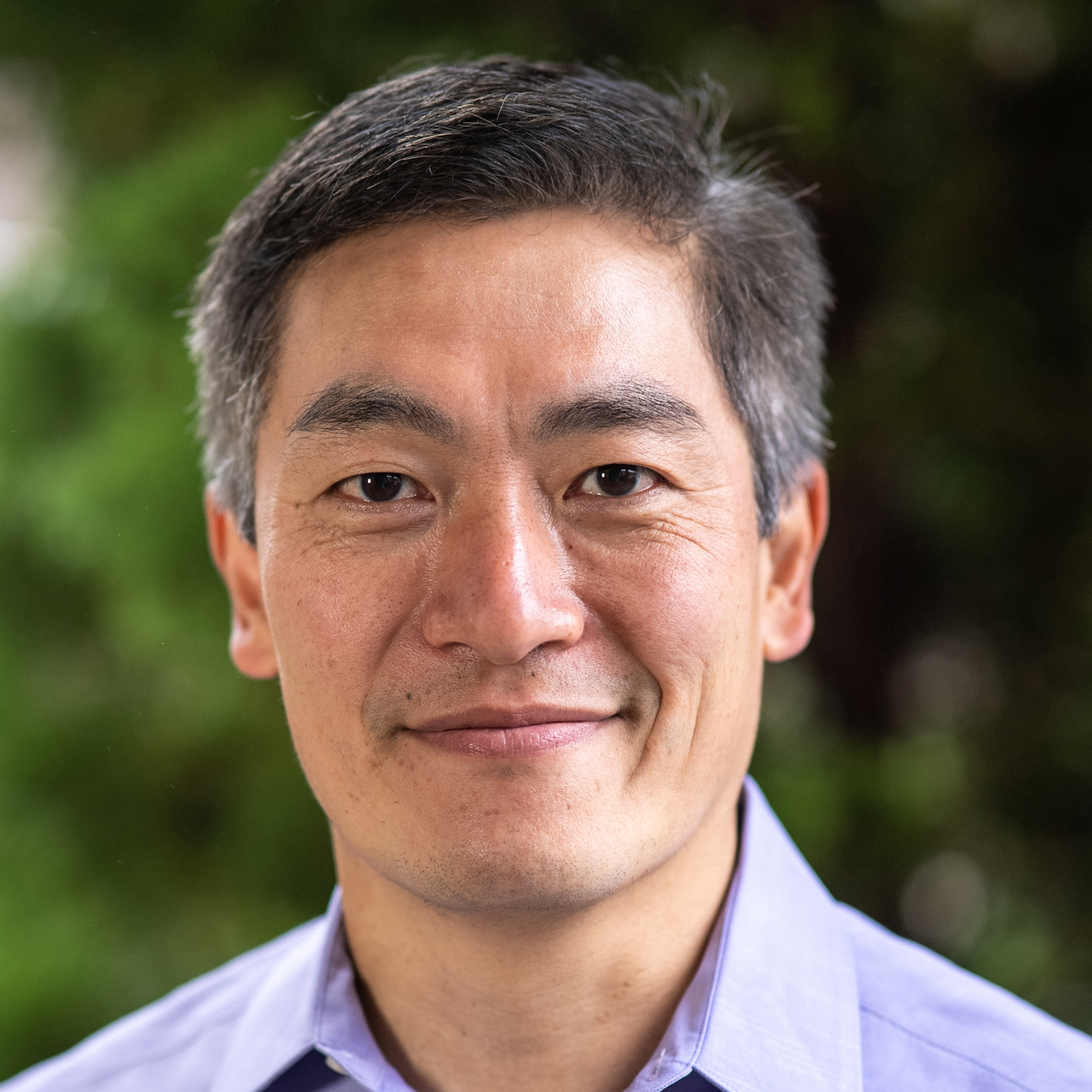
Author, Cyber Defense Matrix
Sounil Yu is the CISO and Head of Research at JupiterOne. He created the Cyber Defense Matrix and the DIE Triad, which are reshaping approaches to cybersecurity. He's a Board Member of the FAIR Institute; is a visiting fellow at GMU Scalia Law School's National Security Institute; guest lectures at Carnegie Mellon; and advises many startups. Sounil previously served as the CISO-in-Residence at YL Ventures and Chief Security Scientist at Bank of America. Before BofA, he helped improve information security at several Fortune 100 companies and Federal Government agencies. Sounil has over 20 granted patents and was recognized as one of the most influential people in security in 2020 by Security Magazine, Influencer of the Year in 2021 by SC Awards, a 2021 Top 10 CISO by Black Unicorn Awards, and for Lifetime Achievement in 2022 by the SANS Institute. He has an MS in Electrical Engineering from Virginia Tech and a BS in Electrical Engineering and a BA in Economics from Duke University. |
|
Ramy Fathy
Chief Expert, Digital Technologies and Public Policy, Vice-Presidency for Cybersecurity, National Telecommunications Regulatory Authority (NTRA), Egypt | Co-Chair of ITU/FAO Focus Group on AI and IoT for Digital Agricluture (FG-AI4A)
Dr Fathy is a seasoned digital transformation and technology executive, with 20+ years of technology and regulatory experience in ICT, leading large-scale digital initiatives that span digital technology, and policy spaces, leveraging strategic vision and communication skills to influence C-level decision-making while driving innovative risk-based solutions that enhance business capabilities in complex and global organizations. He is a highly experienced leader with strong competencies in corporate governance, technology and product development, risk oversight, financial oversight, cyber-risk oversight, talent oversight, strategy & planning, corporate transformation, and digital transformation. Over the span of his career, Dr Fathy has overseen projects related to advanced ICT/Digital solutions design and standards-based implementations with an emphasis on security, interoperability, and integration. At NTRA, he has spearheaded teams tackling core regulatory functions including strategy and market development, market analysis, economic analysis, cost-benefit analysis for rule makings, regulatory impact assessment, standardization and technical aspects, international policies, cooperation and partnerships, research & development, and Industry 4.0 planning. Currently, Dr Fathy is providing oversight and advisory expertise on the strategic development and implementation of secured and trustworthy digital and ICT policy enhancement programs, action-plans, including the development of secured and trustworthy digital transformation solutions and services through engagements in key vertical segments (e.g. smart cities, smart mobility solutions and intelligent transportation systems, digital services infrastructure and AI). He is also overseeing the development of enhanced cybersecurity compliance frameworks to ensure market alignment with applicable laws, regulations, and industry standards with respect to cybersecurity and digital transformation to address risks and to promote a resilient and trustworthy ICT digital infrastructure. Dr Fathy is actively engaged in standardization in the IEEE and ITU. In 2021, he has joined the IEEE SASB and has served since on many of its standing committees (IEEE SA NesCom, AudCom, and ProCom). Furthermore, Fathy has been serving in several key roles in the ITU for more than 20 years. He has served in the ITU Council, led his teams in Plenipotentiary Conferences, TSAG, TDAG, Study and Focus Groups. He is currently the Vice-Chairman of Study Group 20 (IoT and Smart Cities and Communities), Vice Chair of United for Smart Sustainable Cities (U4SSC) and the Co-Chairman of ITU-T/FAO Focus Group on Artificial Intelligence & IoT for Digital Agriculture (FG- AI4A). Dr Fathy has a PhD in Electronics & Communications (cognitive radio systems) and a Masters in crypto. He has numerous publications in scholarly journals and conferences, and the editor of many standards related to IoT and smart cities.
|
 Malcolm Harkins Malcolm Harkins
Chief Security & Trust Officer, Board Member, HiddenLayer, United States
Malcolm Harkins is the Chief Security and Trust Officer at HiddenLayer. In this role he reports to the CEO and is responsible for enabling business growth through trusted infrastructure, systems, and business processes. Malcolm is also responsible for peer outreach activities to drive improvement across the world in the understanding of cyber risks as well as best practices to manage and mitigate those risks. He is also an independent board member and advisor to several organizations and CISO Ambassador for Reveald. He enjoys being an executive coach to CISOs and others in a wide variety of information risk roles. Key areas of focus include the ethics around technology risk, social responsibility, total cost of controls, public policy, and driving more industry accountability. Previously Malcolm was the Chief Security and Trust Officer at Cylance. Malcolm was also previously Vice President and Chief Security and Privacy Officer (CSPO) at Intel Corporation. In that role Malcolm was responsible for managing the risk, controls, privacy, security, and other related compliance activities for all of Intel's information assets, products, and services. Before becoming Intel's first CSPO he was the Chief Information Security Officer (CISO). Over Malcolm's 24 years with Intel, he also held roles in finance, procurement, and various business operations. He managed IT benchmarking initiatives and Sarbanes-Oxley compliance; was the profit and loss manager for the Flash Product Group; was the general manager of Enterprise Capabilities, responsible for the delivery and support of Intel's Finance and HR systems; and he helped create an Intel business venture focusing on e-commerce hosting in the late 90's. Malcolm previously taught at the CIO institute at the UCLA Anderson School of Management and was an adjunct faculty member at Susquehanna University in 2009. In 2010, he received the RSA Conference Excellence in the Field of Security Practices Award. He was recognized by Computerworld as one of the Premier 100 Information Technology Leaders for 2012. (ISC)2 recognized Malcolm in 2012 with the Information Security Leadership Award. In September 2013, Malcolm was recognized as one of the Top 10 Breakaway Leaders at the Global CISO Executive Summit. In November 2015, he received the Security Advisor Alliance Excellence in Innovation Award. In 2023 he received the Cyber Defense Magazine award for the top Chief Security Officer. He is a Fellow with the Institute for Critical Infrastructure Technology, a non-partisan think-tank providing on cybersecurity to the House, Senate, and a variety of federal agencies. Malcolm is a sought-after speaker for industry events. He has authored many white papers and in December 2012 published his first book, Managing Risk and Information Security: Protect to Enable®. He also was a contributing author to Introduction to IT Privacy, published in 2014 by the International Association of Privacy Professionals. The 2nd edition of Malcolm's book, Managing Risk and Information Security: Protect to Enable®, was published in August of 2016. Malcolm has testified before the United States Senate Committee on Commerce, Science, and Transportation on the “Promises and Perils of Emerging Technology for Cybersecurity". He has also testified at the Federal Trade Commission hearings on data security. In 2023 Malcolm was a member of a task force led by the Center for Strategic International Studies to provide strategic direction and leadership for CISA's evolving mission to protect the federal government. Malcolm is on the board of directors for TrustMAPP, Cyvatar, and the Cyber Risk Alliance. Malcolm received his bachelor's degree in economics from the University of California at Irvine and an MBA in finance and accounting from the University of California at Davis.
|
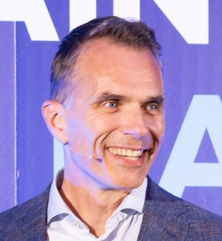 Rob van der Veer Rob van der Veer
Principal Consultant, Software Improvement Group, Netherlands
Rob van der Veer is an AI pioneer with 32 years of experience in the AI field, specializing in engineering, security and privacy. He is the lead author of the ISO/IEC 5338 standard on AI lifecycle, co-founder of the digital bridge for security standards OpenCRE.org, and creator of the OWASP AI Exchange – open sourcing the global discussion on AI security at owaspai.org. He is advisor to ENISA and deeply involved in international standardization through different roles in ISO/IEC and CEN/CENELEC, including JTC21/WG5 - working on the security standardization request for the AI Act. At Software Improvement Group, Rob is senior director of AI, security, and privacy, working with organizations around the world on these topics.
|
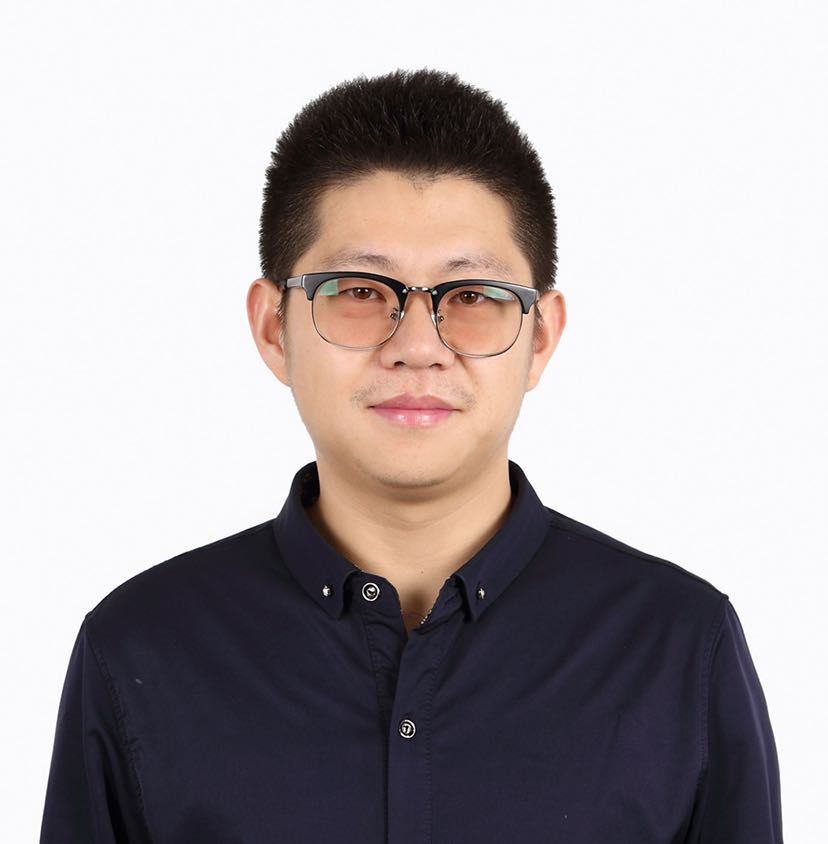 Guangming Liu
Guangming Liu
Vivo Mobile Communication Co. Ltd, China
Mr. Guangming Liu is a security expert on AI security and Linux kernel security at vivo Mobile Communication. As a senior security expert at Tencent Security Lab, he was responsible for operating system security. He discovered multiple critical vulnerabilities in Windows and Linux systems, such as the Windows local privilege escalation issue. He is a well-known speaker at international security conferences such as HITB POC, to share his rich experience on vulnerability discovery, vulnerability analysis and exploitation, security engineering, etc.
|
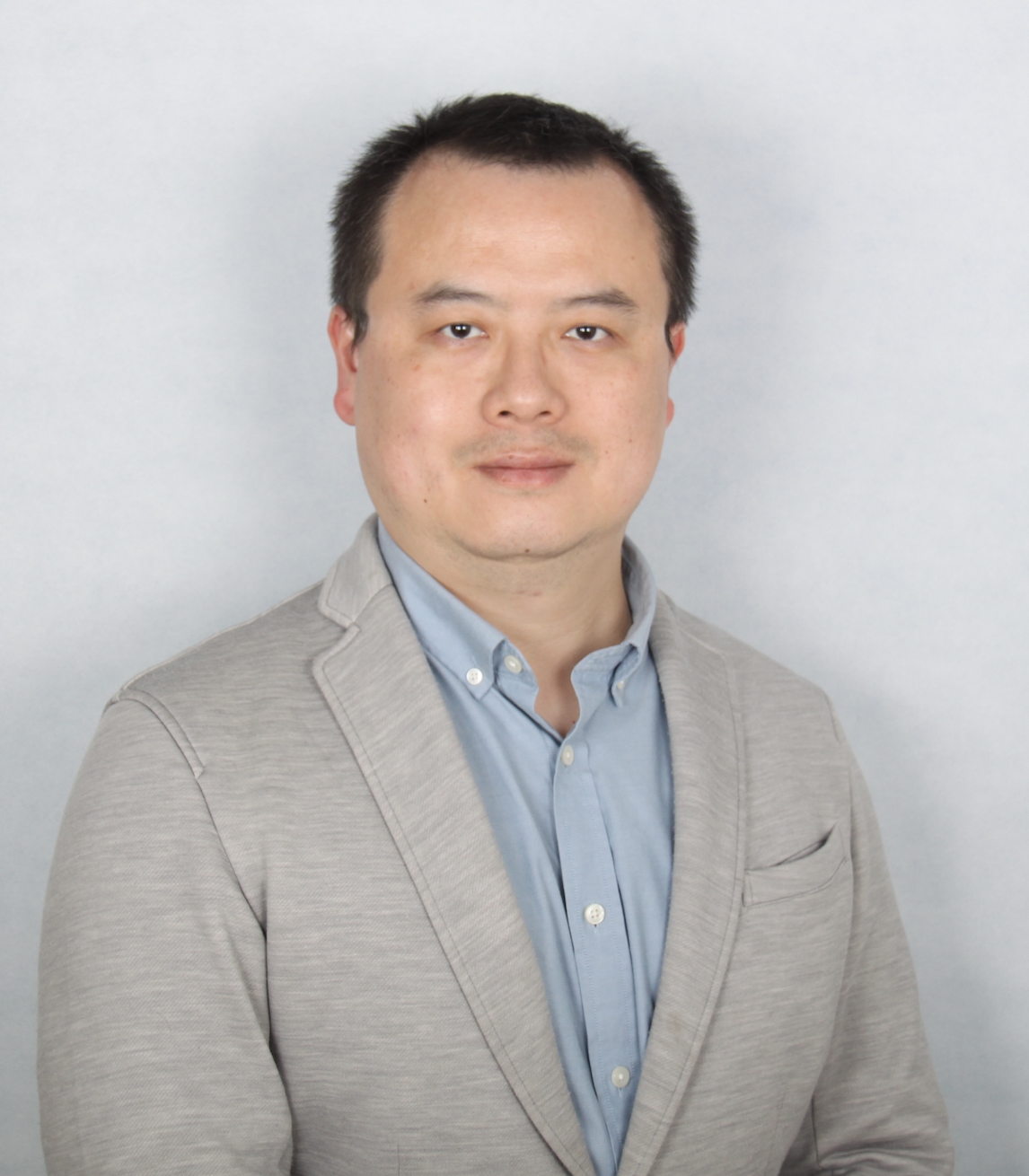 Chen Zhang Chen Zhang
China Mobile, China
Chen Zhang is the CTO of network & security products in China Mobile Group Design Institute, which is a branch of China Mobile.
|
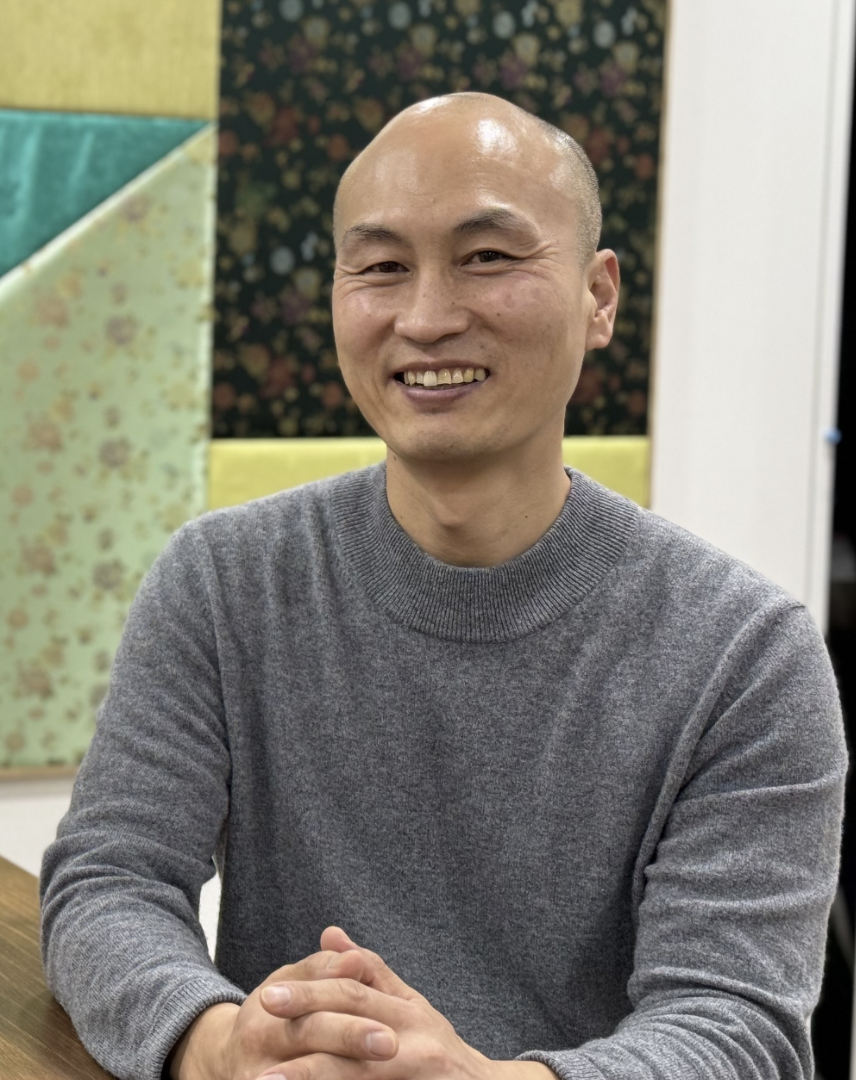 Dusik Yoon Dusik Yoon
Jiran security, Korea (Rep. of)
Dooshik Yoon is the CEO of EROUN&COMPANY Co., Ltd. He was the CEO of JiranSecurity Co.,Ltd. which has been leading the market for 25 years in the fields of anti-spam, mobile device management, and corporate information leakage prevention. He also served as the senior vice chairman of the Korea Information Security Industry Association, an organization that creates a healthy information protection ecosystem in Korea. He has led the B2B market in Korea and Japan and has attracted more than 4000 corporate customers. He is currently developing a security solution specializing in generative AI for companies that want to use generative AI safely.
|
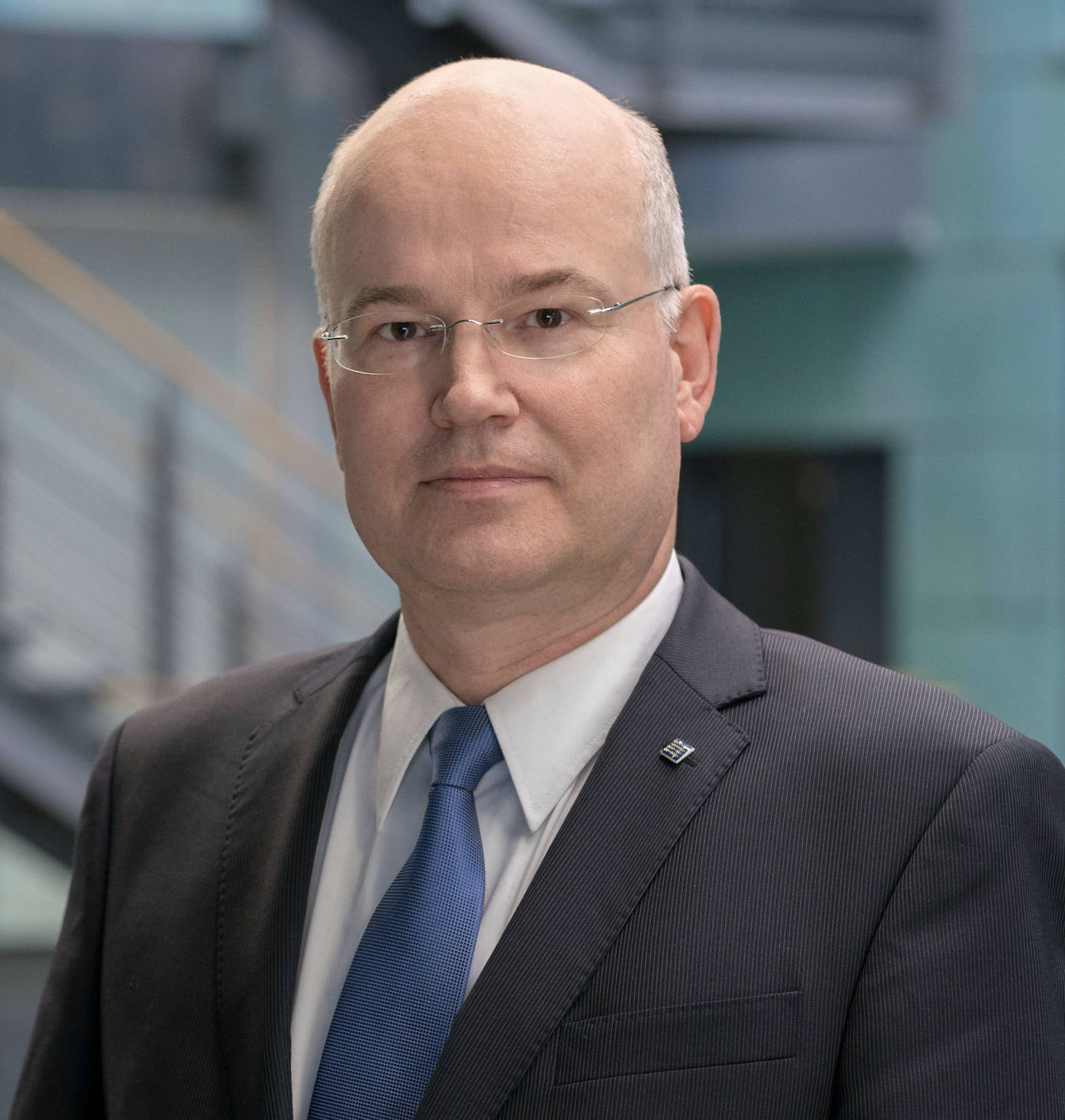 Andreas Wolf Andreas Wolf
Chair, ISO/IEC JTC 1/SC 27 Information security, cybersecurity and privacy protection
Dr. Andreas Wolf studied mathematics and computer science at Humboldt University in Berlin and Technical University Munich, where he received his doctorate in computer science in 1999. In his dissertation, he dealt with parallel automated reasoning, a special aspect of artificial intelligence. In the past, he worked in technology-oriented positions with IT companies in Munich, Jena and Berlin, focusing on IT security and in particular on biometric technologies. He initiated the first European certification of a product for biometric speaker recognition according to Common Criteria. Today Dr. Wolf works as Principal Scientist Biometrics with Bundesdruckerei GmbH, Berlin. He has published several book and journal contributions as well as conference papers and received more than 30 patents. He teaches applied biometrics at the Institute for Mathematics and Computer Science of the Free University of Berlin. He is one of the German DIN experts delegated to the ISO/IEC JTC 1 committees SC 17, SC 27, SC 31 and SC 37 and to the European standardization committee CEN/TC 224. He is chairman of IEC/ACSEC "Advisory Committee on Information Security and Data Privacy", ISO/IEC JTC 1/SC 27 "Information security, cybersecurity and data protection", convenor of CEN/TC 224/WG 19 "Breeder documents" and editor or co-editor of several standards, including the ICAO Technical Report on Portrait Quality and the biometric face image data formats ISO/IEC 19794-5/39794-5 which are used in all electronic ID documents.
|
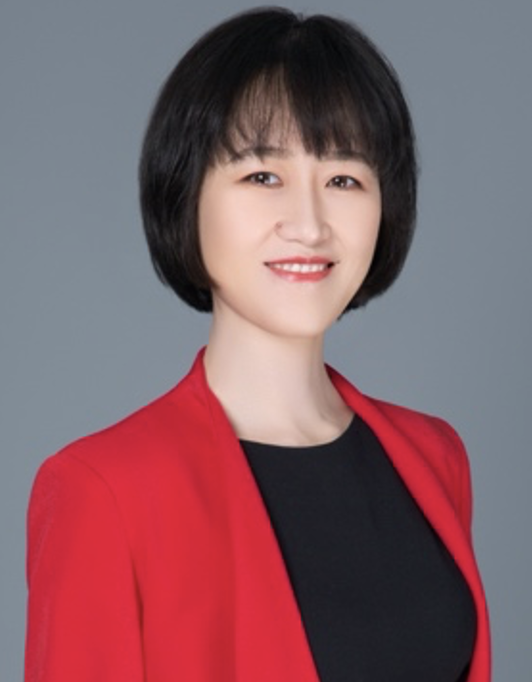 Xiaoyuan Bai
Xiaoyuan Bai
Standardization director, Ant Group, China
Ms. Xiaoyuan Bai is in charge of the field of cybersecurity and information security standardization in Ant group. She is mainly engaged in standardization work in data security, privacy-enhanced technology, biometric authentication, blockchain security and other related area. Ms. Xiaoyuan Bai serves as ITU-T SG17 WP4 vice-chair and Q14/17 associate rapporteur, chair of IEEE-SA MPC (secure multi-party computation) working group, deputy group leader of CCSA (China Communications Standards Association) TC8(Cybersecurity and data security) WG5 (Anti-fraud of telecom network), etc. As the project leader, she has formulated more than 30 standards in the field of cybersecurity and information security, and nearly 20 standards have been published. Some of the standards have been awarded as the China Standards Innovation and Contribution Award, etc. because of the wide application of the standards and good socio-economic benefits.
|
 Clarisse Girot Clarisse Girot
Head of the Data Governance and Privacy Unit, OECD
Clarisse is Head of the OECD's Data Governance and Privacy (DGP) Unit, which supports the work of the Organisation in the areas of data governance, data flows and privacy. Prior to taking up her OECD role in August 2022, Clarisse lived in Singapore where she held a first position as Senior Fellow at the Asian Business Law Institute (ABLI), a pan-Asian legal think tank anchored at the Singapore Academy of Law (SAL). At ABLI, she launched and led a flagship project on the convergence of data privacy laws and data flow regulations in 14 Asian jurisdictions. In August 2021, she created the position of Managing Director of the APAC office of the Future of Privacy Forum (FPF), the world-leading US privacy think tank. She was also an adviser to the head of the TMT practice at Rajah & Tann Asia LLC, Singapore's leading law firm. From 2001 to 2015, she held various positions at the French Data Protection Authority (CNIL) including head of the Department of European and international affairs and senior advisor to the President and Secretary General in the years leading up to the adoption of the GDPR. She was a member of the Jersey Data Protection Authority (JDPA) from October 2018 to July 2022. Clarisse holds a Master's degree in law and a postgraduate degree in Intellectual Property from the University of Paris Panthéon Assas, a Magister Juris (MJur) from the University of Oxford and a Doctorate (cum laude) in Comparative Law obtained at the Tilburg Institute for Law, Technology, and Society (TILT) in the Netherlands.
|
Juan Deng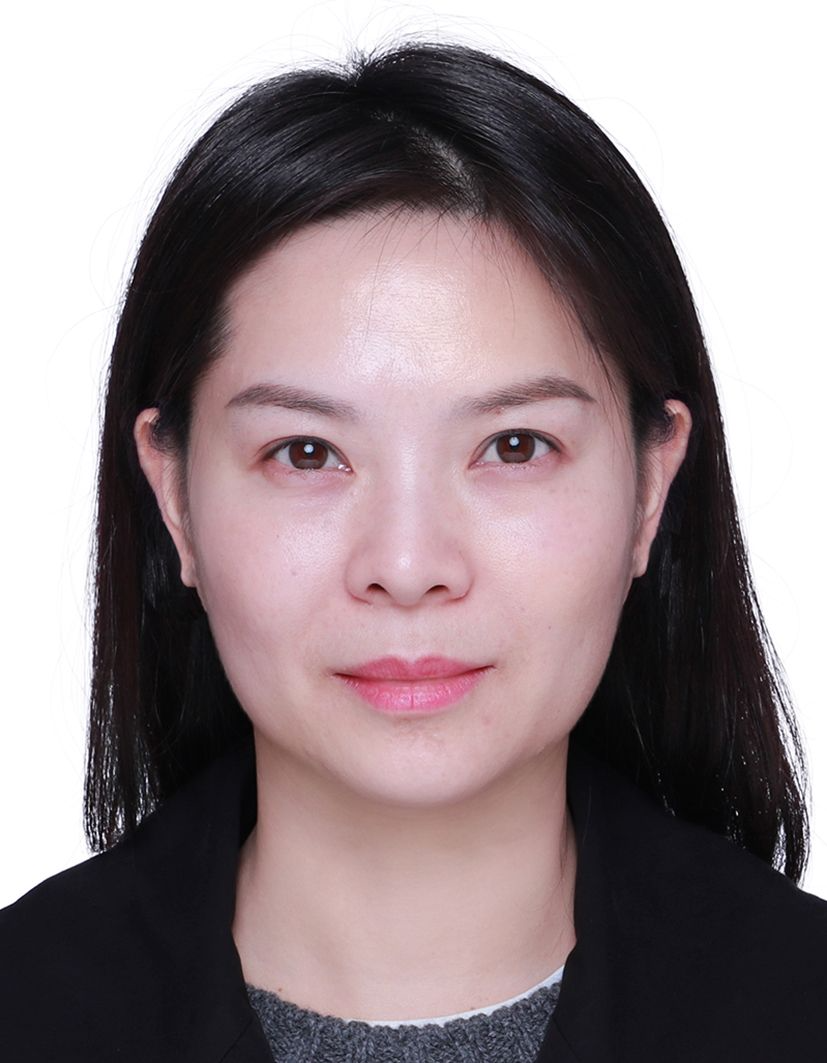
Senior Standards Expert, Alibaba, China
Dr Juan Deng is a senior standardisation expert at Alibaba. She has more than 10 years' experience in the area of security and standardisation. Her recent interests focus on risk management and governance of (Generative) AI, and the related standardisation. She is the chair of multiple working groups in the IEEE Standards Association. Previously she was a staff engineer in Huawei Technology. She also worked as a security consultant for BMW Information and Technology Research Center (SC, USA) and as a researcher at Clemson University (SC, USA). She received her master's degree from the University of Science and Technology of China and her PhD from Clemson University (SC, USA).
|
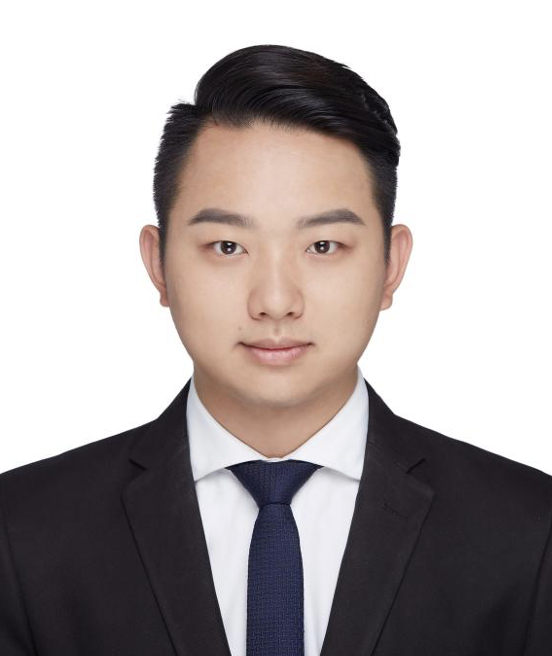 Zhongliang Yang Zhongliang Yang
Beijing University of Posts and Telecommunications (BUPT), China
Zhongliang Yang obtained his Ph.D. in Information and Communication Engineering from Tsinghua University in 2020 and joined the Beijing University of Posts and Telecommunications in 2022. He has long been engaged in research related to artificial intelligence security. He participated in drafting the "Global AI Governance Initiative" officially released by China on October 18, 2023, and was involved in the formulation of various rules, regulations, and technical standards for AI security governance in China.
|
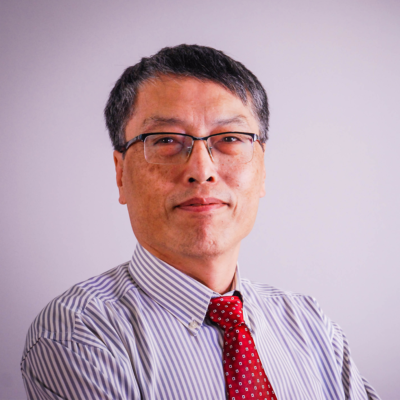
Antonio Kung
Chief Executive Officer
Antonio Kung is the co-founder of Trialog. With more than 30 years of experience in the field of cyber-physical systems and the Internet of Things, he brings expertise and know-how, particularly on architecture, interoperability or data security and protection. He was the coordinator of numerous national and European collaborative projects in these fields. He is active in standardisation on the Internet of Things, security and data protection, and the editor of ISO/IEC standards 27550 (published), 27556, 27561 – POMME, 27570 (published), 21823-3, 30149. He became CEO of Trialog in 2018. Antonio has a master's degree from Harvard University and an engineering degree from Ecole Centrale Paris.
|
|